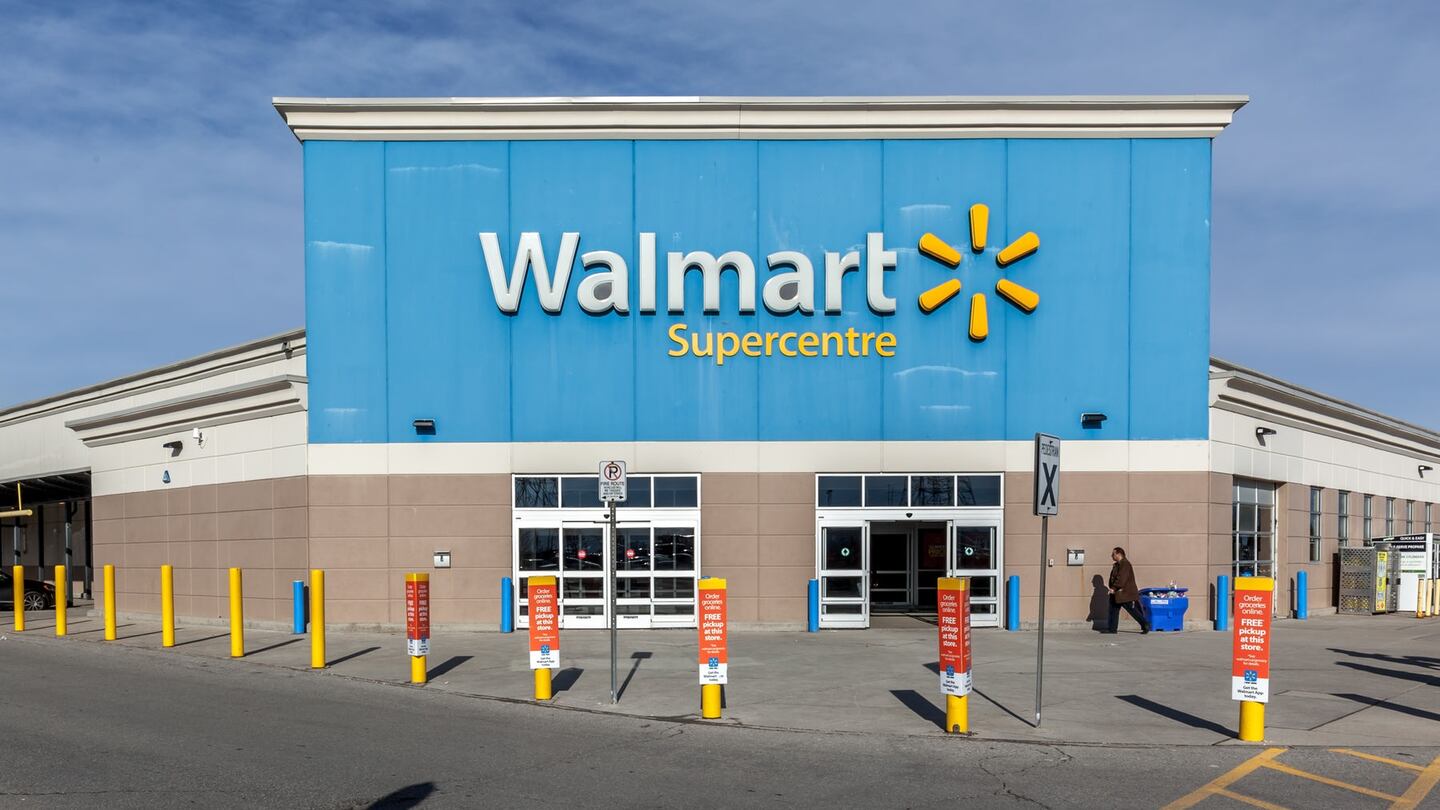
The Business of Fashion
Agenda-setting intelligence, analysis and advice for the global fashion community.

Agenda-setting intelligence, analysis and advice for the global fashion community.

NEW YORK, United States — Walmart is launching new private-label clothing brands, a move its rivals Target and Amazon have made as well.
The world's largest retailer is unveiling four new lines for women, men and children with items from $5 to $30 that will be available Thursday. It's the most ambitious clothing launch in years for the Bentonville, Arkansas-based company, which is trying to shed its just-basics image and become a destination for trendier products from food to home design.
Walmart says the move comes in response to its customers' desire for more fashionable items like skinny jeans, ruffled clothes and bohemian looks.
"She wants understandable fashion," said Deanah Baker, senior vice president of apparel for Walmart's US division. "She wants to look smart and stylish. She doesn't need to walk down the runway."
ADVERTISEMENT
Online leader Amazon and discount rival Target have also been building their own clothing brands, a move that helps boost profit margins because it eliminates the middleman and is exclusive to that retailer.
Amazon has moved deeper into fashion, offering its own labels like Lark + Ro that often sell for less than similar name-brand items. It started testing a subscription service last year called Prime Wardrobe, which lets customers try on clothes at home before they actually purchase them. And analysts at Cowen & Co. expect Amazon to pass Macy's as the largest US clothing seller, and boost its share of the US clothing market from 6.6 percent last year to more than 16 percent by 2021.
Target refreshed its clothing lines and saw its baby and children's brand Cat & Jack hit more than $2 billion in sales in its first year through last July. It also launched a home decor line called Pillowfort. This month, Target said it's testing a Cat & Jack subscription box for babies of six to seven items. The company has also been sprucing up its store displays to get shoppers inspired to buy.
Walmart, meanwhile, is refreshing its website this spring with a focus on fashion and home furnishings. Clothing and home goods accounted for 9 percent of its overall sales in the year that ended in January 2017, according to a Securities and Exchange Commission filing.
The retailer says its new Time and Tru clothing brand caters to women who want to pull looks together. Terra & Sky caters to plus-size women, while Wonder Nation is for children. The company is also relaunching its private brand George, which was from its British unit ASDA, to sell items only for men in the US.
To make room for the brands, Walmart is retiring such labels as White Stag and Faded Glory, and George's women's collection in the US. It's also upgrading store clothing departments with new signs and photography, and some locations will be remodeled with lower sight lines and upgraded fitting rooms.
Still, the launch is not without risks. Walmart launched a clothing collection called Metro 7 in 2005 aimed at the fashion-savvy, and even advertised the looks in Vogue. But it flopped with Walmart customers, and the discounter had to discontinue the collection.
Baker's confident that won't happen with the new brands. "We started with the customer," she said.
By: Anne D'Innocenzio
As the German sportswear giant taps surging demand for its Samba and Gazelle sneakers, it’s also taking steps to spread its bets ahead of peak interest.
A profitable, multi-trillion dollar fashion industry populated with brands that generate minimal economic and environmental waste is within our reach, argues Lawrence Lenihan.
RFID technology has made self-checkout far more efficient than traditional scanning kiosks at retailers like Zara and Uniqlo, but the industry at large hesitates to fully embrace the innovation over concerns of theft and customer engagement.
The company has continued to struggle with growing “at scale” and issued a warning in February that revenue may not start increasing again until the fourth quarter.